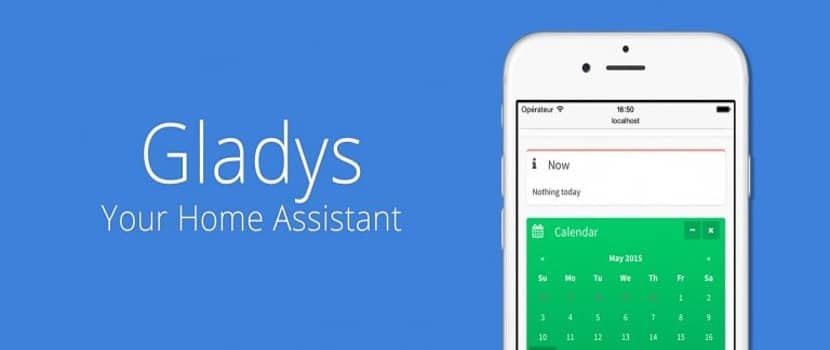
It is becoming easier to have a virtual assistant to help us communicate with our smart devices. Something that the famous Tony Stark did but can now be done without having so many millions of dollars in the account.
Amazon was the first to popularize the virtual assistant, but it is Google with Voice Kit who has opened the ban on the creation of virtual assistants for the Hardware Libre. A new assistant called Gladys has recently been released.
Gladys is a virtual assistant of French origin created by developer Pierre-Gilles Leymarie. This developer rose to fame for swapping his new macbook for a Raspberry Pi with an LCD panel. Now, the developer has gone one step further and created a virtual assistant for Raspberry Pi.
Gladys is nothing more than a web application on a node.js server. Which makes that can be installed in any operating system, but there is a version of Raspbian with Gladys that we can record on a microsd card to work with Raspberry Pi.
Galdys is compatible with a lot of Hardware devices. From smart bulbs to locks, passing through the smartphone, a device that will help us to talk with Gladys or locate information that we have elsewhere. Gladys is a free virtual assistant and has a lot of free information that will help us to have a virtual assistant in our house.
Galdys competes with another virtual assistant such as Mycroft, an older assistant but for many users they offer the same results and almost the same experience. Personally Gladys I have not tried it, but from my experience with other assistants, the program is more than just a node.js server, so it seems to me that Gladys still has a lot of work ahead of her or maybe not? What do you think?